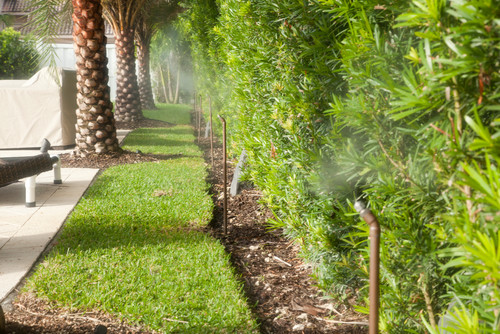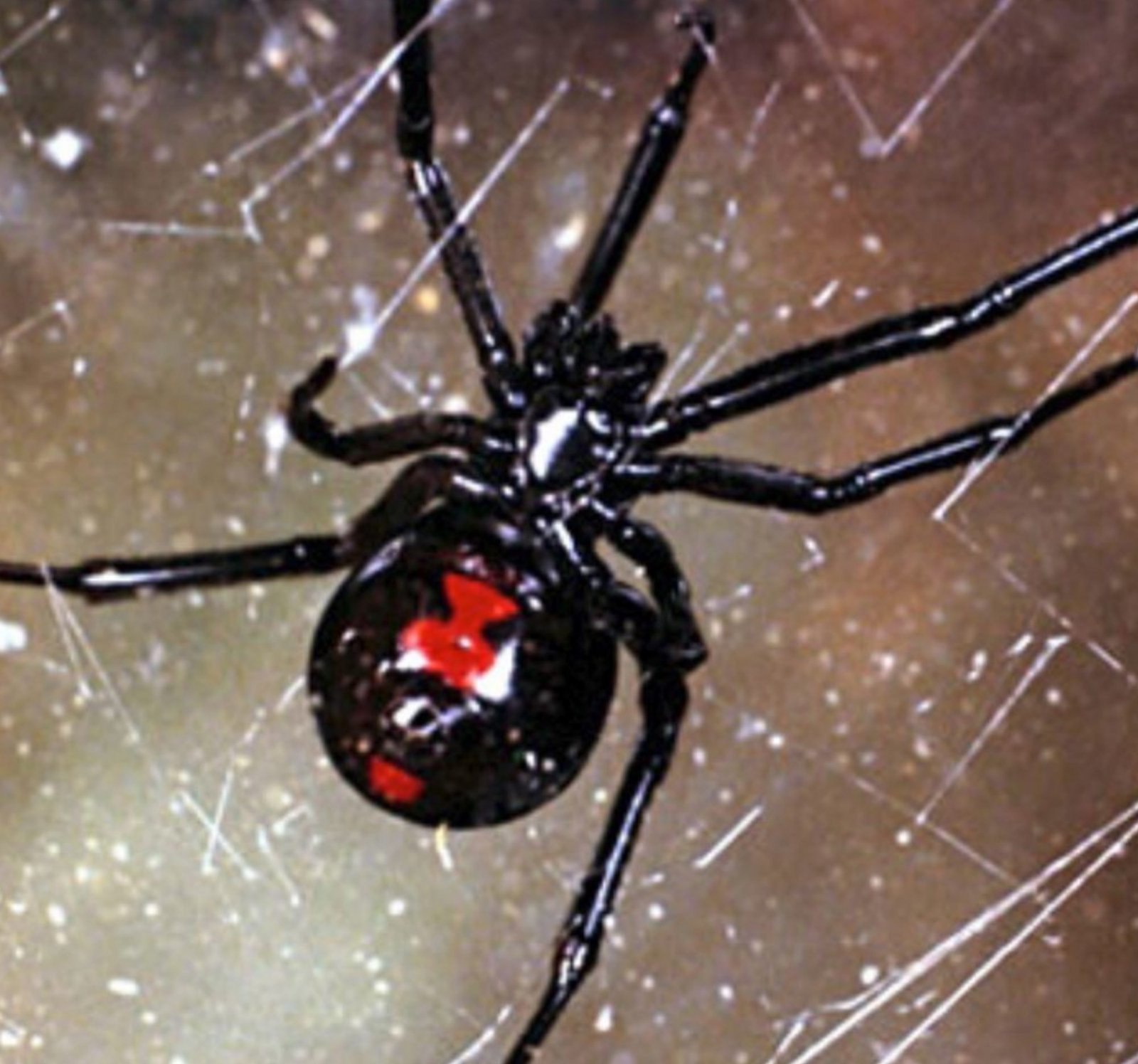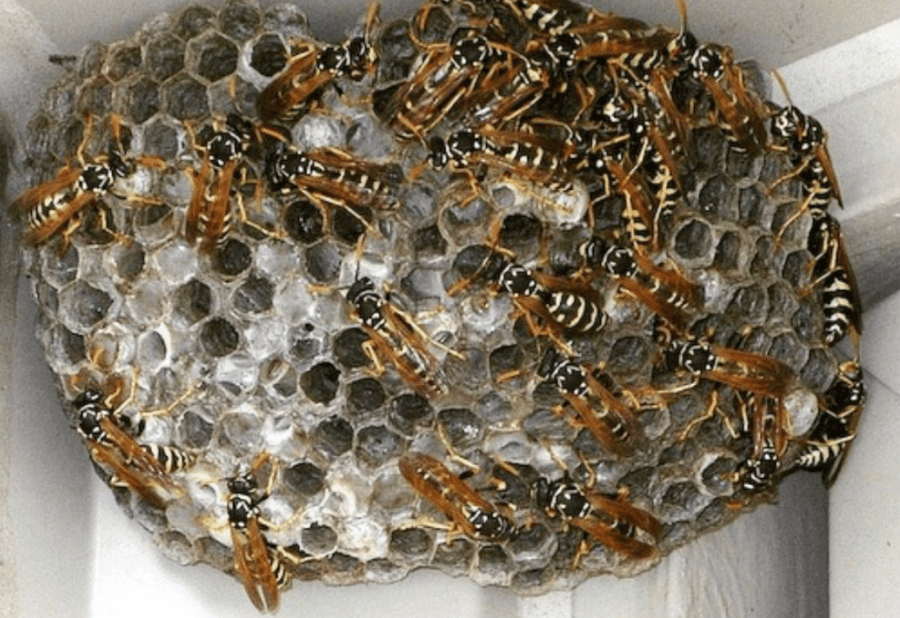Mosquitoes are one of the most annoying insects. You want a nice summer evening in your patio; mosquitoes are also present. Open your bedroom windows; mosquitoes will enter inside along with the fresh air. Even the smoke from your BBQ, will fail to keep them away.
How can you avoid these little vampires? How can you keep these little annoying creatures away from your property?

Photo by Swat Mosquito Systems – Look for exterior home pictures
Do Not Attract Mosquitoes
Do not attract mosquitoes in any way it is the first and basic rule. Therefore, avoid doing activities and stay away from items that may attract them.
– Do not wear dark clothes because mosquitoes can easily locate you. They are endowed with a good vision and are attracted to dark colors and foliage.
– Do not emit too much carbon dioxide. Your body emission of carbon dioxide increases in case of intense physical activity. A fire or a candle may be other carbon dioxide sources.
– Also, do not emit too much lactic acid. It is in a way similar with carbon dioxide. An intense physical activity can make your body to release lactic acid. Also, the consumption of specific foods, such foods with high level of potassium or very salty foods can cause your body to emit lactic acid.
– Avoid all kind of fragrances especially fruity or floral fragrances. Too much hair products, perfume, aftershave, scented sunscreen or even fabric softener can attract mosquitoes.
– Your body temperature is the most attractive factor for mosquitoes. Especially, they are attracted to the extremities of your body. Therefore, you should keep your arms and legs covered.
Keep Mosquitoes away from Your Garden and House, Smart Ideas (howtobuildahouseblog.com)
Chemical Insect Repellents
There are many chemical insect repellents. The most usually kinds contain so called DEET a chemical component (diethyl meta toluamide).
This repellent can be applied on your body skin or your cloths. It is an excellent repellent and relies on blocking the smell sense of these insects. They are no longer able to detect the substances contained in human breath and sweat.
Depending on the concentration of DEET, these repellent can keep the bugs away for 3 to 12 hours.
Warning:
DO NOT use this chemical repellent on infants less than 6 months old.
DO NOT use chemical repellent on damaged or irritated skin. Instead you can use Icaridin, which is another kind of repellent, safer than repellent that contain DEET.
However, before applying these kinds of repellents you should take in consideration the following aspects:
1. Follow carefully the manufacturer recommendations and indications.
2. Use only the products approved by EPA (Environmental Protection Agency).
3. DO NOT apply chemical repellent on irritation, damaged skin, sunburned skin, etc. Protect your nose and mouth.
4. DO NOT apply the repellent if you have allergic reactions.
5. DO NOT apply insect repellent on the entire body but only on exposed skin surfaces.
6. DO NOT apply in excess.
7. Wash repellent off when you get inside.
Natural Insect Repellents
Catnip, i.e. nepetalactone, which is an oil found in the Catnip composition, seems to be ten times more powerful than DEET. At least, so say researchers at Iowa State University. Researches continue to develop a natural insect repellent based on nepetalactone.
However, environmental friendly alternatives to chemical repellents are natural repellents, such as oils from:
– Cinnamon ;
– Clove ;
– Geranium
– Citronella;
– Rosemary;
– Lavender;
– Lemongrass;
– Cedar;
– Peppermint;
– Verbena;
– Castor;
– Lemon Eucalyptus;
These natural oils are not as effective as DEET, but they are still, an excellent alternative.
Among other natural mosquitoes repellents we can enumerate citronella candles. In fact, they cannot stop the mosquitoes waves, but at least they can keep those annoying insects at distance.


